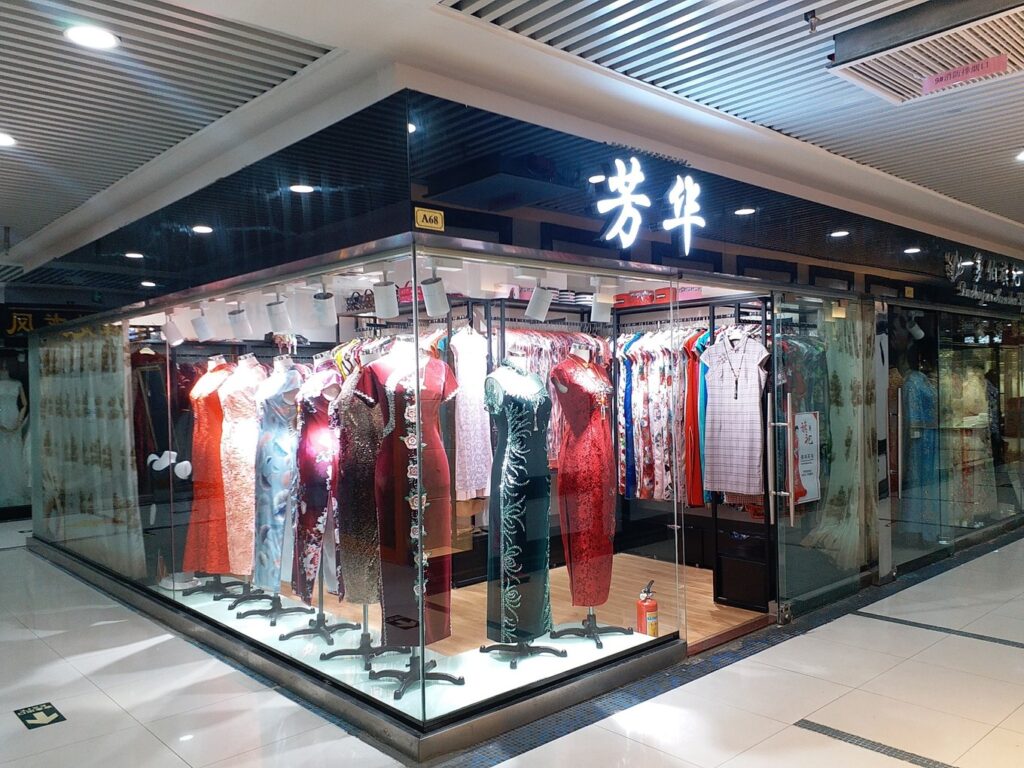
The wedding planning industry in China has faced significant challenges due to the impact of the COVID-19 pandemic. Traditionally, Chinese weddings are known for their extravagance and high costs, contributing to an industry valued at nearly US$500 billion (RM2.35 trillion). However, a more pressing threat has emerged: a sharp decline in the number of couples willing to get married.
This trend has become increasingly apparent as the economy experiences a downturn, and consumer confidence diminishes. It has raised concerns among officials who are striving to boost marriage and birth rates, which reached record lows in the previous year. This decline in population figures marked the first decrease in 60 years.
“The number of marriages is falling and few are willing to spend a lot on weddings,” said Yuan Jialiang, who ran a full-scale wedding planning business for almost a decade in Shanghai before switching to focus on wedding photography before the pandemic.
“The future of this industry doesn’t look promising.”
In China, the year 2022 witnessed a significant decline in the number of marriages, with 6.8 million unions recorded. This figure marked a decrease of 800,000 marriages compared to 2021, and it represents the lowest number since the government began publishing marriage data in 1986.
The drop in marriage registrations is contributing to the ongoing decline in birth rates in China, a nation rapidly aging and becoming one of the world’s fastest-aging societies. Unmarried mothers often face challenges accessing child-raising and healthcare subsidies in many cities, and there is societal disapproval of having children out of wedlock.
Ben Cavender, Managing Director and Head of Strategy at China Market Research Group, noted that many Chinese consumers are now expressing the view that marriage may not be the right choice for them. Additionally, a considerable number of young adults in China find the cost of raising children to be prohibitively expensive. This shift in attitudes is posing challenges to the traditional Chinese wedding industry, which is likely to face challenging times ahead.
Before the onset of the pandemic, the wedding industry in China was a thriving sector, estimated to be valued at 3.6 trillion yuan (RM2.32 trillion) in 2020, according to Daxue Consulting.
Traditionally, couples in China spared no expense, investing in gold jewelry, intricate decorations, and opulent venues for their weddings. However, the landscape has shifted significantly in recent times. Frank Chen, from Chen Feng Wedding Planning in Shanghai, reports that very few weddings this year had budgets exceeding 100,000 yuan (RM64,336).
“People are more inclined to go for a simple and niche wedding,” said Chen, adding that a decade ago, it was common for couples to spend millions of yuan.
Numerous weddings initially planned for 2022 faced postponements due to Covid-19 lockdowns, leading to a busier year in 2023 for some wedding-related businesses.
Jewelry companies like Chow Tai Fook and TSL anticipate a resurgence in demand for wedding jewelry this year, possibly reaching levels seen before the pandemic. Nevertheless, TSL cautioned that the industry’s long-term prospects hinge on the overall economic climate.
“It’s primarily due to the backlog from Covid,” noted Xueyi, a wedding planner whose business in Xi’an and Shanghai has experienced a surge this year. “Some of my clients, whose bookings were rescheduled, have actually chosen to part ways.”
The economic downturn has disproportionately impacted the middle class and the younger population, resulting in elevated unemployment rates and reduced household spending.
Affluent consumers appear to be better shielded from the prevailing economic challenges. Jewel Wang, the proprietor of a network of stores offering wedding dresses designed by Vera Wang, anticipates that high-end and personalized service providers will weather the storm more effectively than those catering to the low-to-mid-range market.
Wang, who also founded Nora’s bridal boutique in Shanghai, known for its collection of luxury gowns from designers such as Oscar de la Renta and Carolina Herrera, noted that June marked the best month in a decade due to pent-up demand.
“For us, it is more sensible to connect with brides who can afford our products rather than pursuing a larger share of the market,” she emphasized.
Nevertheless, she remains cautious about the future.
“As a market, we are witnessing a significant decline in spending. Our strategy revolves around maintaining a niche focus. We prefer not to follow the broader market trends because we don’t believe it’s a prudent direction to pursue.”
